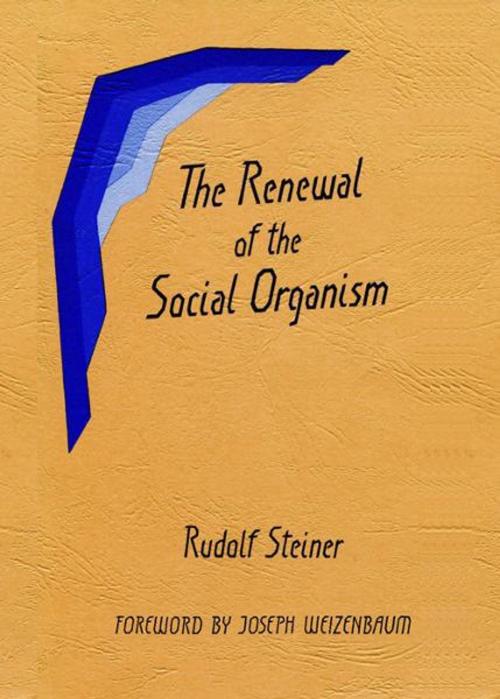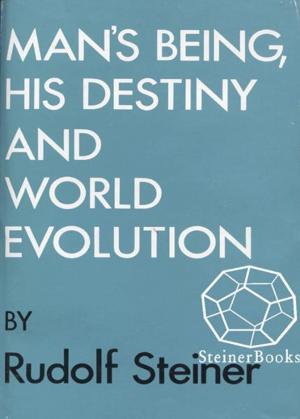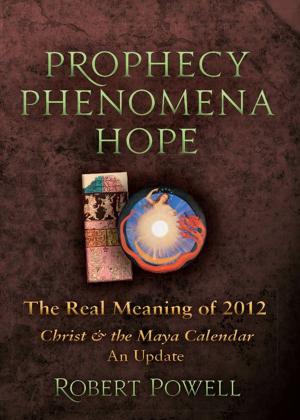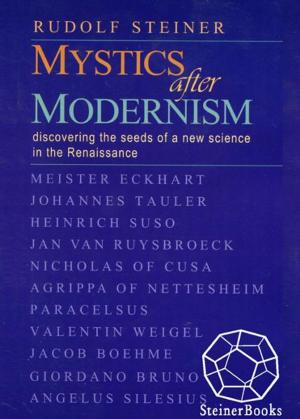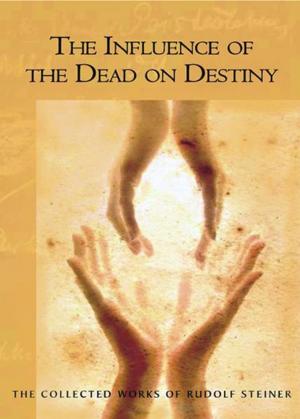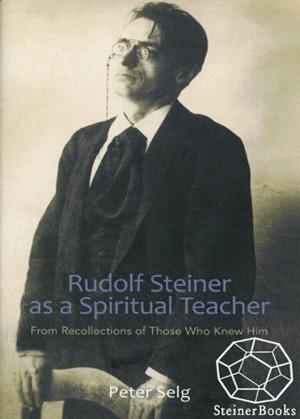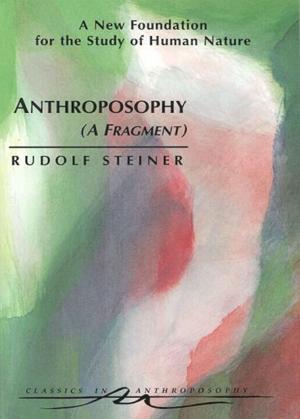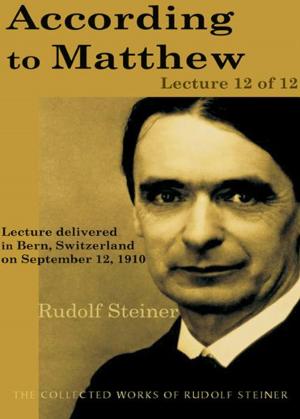The Renewal of the Social Organism
Nonfiction, Reference & Language, Education & Teaching, Educational Theory, Philosophy & Social Aspects| Author: | Rudolf Steiner, E.Bowen-Wedgewood, Ruth Mariott | ISBN: | 9781621510062 |
| Publisher: | Steinerbooks | Publication: | April 1, 1985 |
| Imprint: | SteinerBooks, Collected Works 24 | Language: | English |
| Author: | Rudolf Steiner, E.Bowen-Wedgewood, Ruth Mariott |
| ISBN: | 9781621510062 |
| Publisher: | Steinerbooks |
| Publication: | April 1, 1985 |
| Imprint: | SteinerBooks, Collected Works 24 |
| Language: | English |
History often provides insight into the present. Consider the American South one hundred and fifty years ago, for example. There, human rights and economic servitude were compressed onto a single domain for black Americans. They became a means of production that could be bought and sold as a commodity. In many parts of the South, it was forbidden to teach blacks to read. Control by law of education, part of culture, was found necessary to subordinate human rights to economics. The domain of rights and economics thus also engulfed culture. Joseph Weizenbaum, from the foreword. Culture, politics, economicsthese are the three core activities of society; the health of any society depends on a harmonious interaction among these three activities. And, according to Rudolf Steiner, this is impossible unless they are autonomous to the degree that they can each find their own essential character. In his foreword, Joseph Weizenbaum observes that those who framed the United States Constitution understood thisat least partiallywhen they developed the doctrine of a separate church and state. These essays cover a range of subjectsmoney, the division of labor, human motivation, and education. They offer refreshing insights into the nature of modern society as well as guidance for solving today's pressing social problems.
History often provides insight into the present. Consider the American South one hundred and fifty years ago, for example. There, human rights and economic servitude were compressed onto a single domain for black Americans. They became a means of production that could be bought and sold as a commodity. In many parts of the South, it was forbidden to teach blacks to read. Control by law of education, part of culture, was found necessary to subordinate human rights to economics. The domain of rights and economics thus also engulfed culture. Joseph Weizenbaum, from the foreword. Culture, politics, economicsthese are the three core activities of society; the health of any society depends on a harmonious interaction among these three activities. And, according to Rudolf Steiner, this is impossible unless they are autonomous to the degree that they can each find their own essential character. In his foreword, Joseph Weizenbaum observes that those who framed the United States Constitution understood thisat least partiallywhen they developed the doctrine of a separate church and state. These essays cover a range of subjectsmoney, the division of labor, human motivation, and education. They offer refreshing insights into the nature of modern society as well as guidance for solving today's pressing social problems.
